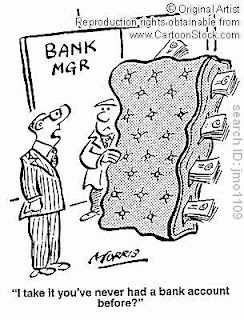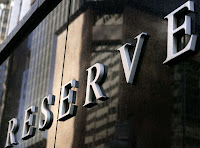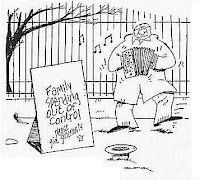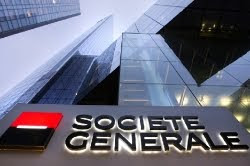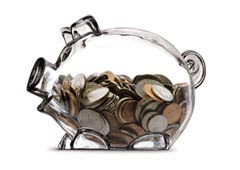While the world economy still tries to recover from the severe financial crisis of the last year, an
important discussion among economists has been erupted about who has made the biggest mistake. Many of them are not realizing that it

was the free market system that has made this large market failure possible. Let’s take a closer look at this market system, and especially the Collateralised Debt Obligations, also known as CDO’s.
Michiel Rabaeys



